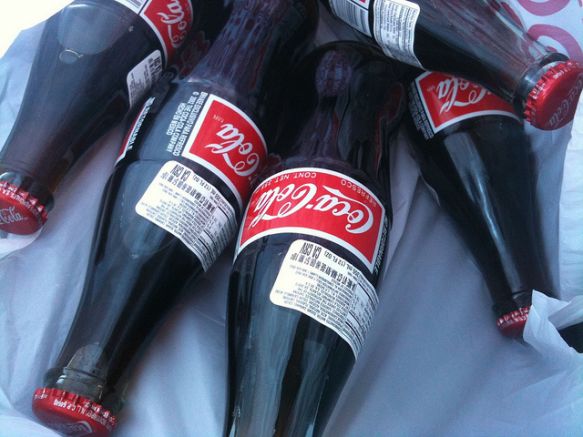 Mesoamerican Nephropathy, a mysterious kidney disease that has killed over 20,000 people in Central America, most of them sugar cane workers, may be caused by chronic, severe dehydration linked to global climate change, according to a new study by Richard J. Johnson, MD, of the University of Colorado Anschutz Medical Campus.
Mesoamerican Nephropathy, a mysterious kidney disease that has killed over 20,000 people in Central America, most of them sugar cane workers, may be caused by chronic, severe dehydration linked to global climate change, according to a new study by Richard J. Johnson, MD, of the University of Colorado Anschutz Medical Campus.
The Mesoamerican Nephropathy epidemic was first described in 2002. It's most prevalent among manual laborers on sugar cane plantations in the hotter, lower altitudes of Central America's Pacific coast. The disease has also been reported among farmworkers, miners, fishermen and construction and transportation workers in the region.
Speculation abounds about what may be causing it, including exposure to heavy metals, pesticides and other toxic chemicals. But Johnson believes the actual culprit is chronic recurrent dehydration caused by climate change.
"This could be the first epidemic directly caused by global warming," said Johnson, professor of medicine at the University of Colorado School of Medicine. "Some districts of Nicaragua have been called the `land of widows' due to the high mortality rates occurring among the male workers from chronic kidney disease."
His research team studied sugar cane workers in Nicaragua and El Salvador. They found that the laborers routinely worked in conditions exceeding the recommended heat standards of the U.S. Occupational Safety and Health Administration (OSHA). And even though some of them drank up to one to two liters per hour, the researchers found they still suffered serious dehydration on a daily basis.
One of the major side-effects of this dehydration was hyperuricemia or excess uric acid levels in the blood. In one study, sugar cane workers in El Salvador had uric acid levels of 6.6 mg per deciliter in the morning which increased to 7.2 mg in the afternoon. And 21 of 23 people with chronic kidney disease (CKD) had hyperuricemia.
Dehydration also activates a pathway in the kidney which generates fructose that, when metabolized, produces uric acid. This may contribute to the kidney damage. Workers who rehydrate with drinks that contain high fructose corn syrup or sugar may be exacerbating the problem due to the high fructose content present in the drinks.
Johnson's team also found that these dehydrated workers had high concentrations of uric acid crystals in their urine. This `sandy urine' is associated with signs of dehydration, including light headedness, elevated heart rates and headache. The uric acid crystals are thought to trigger tubular damage and fibrosis in the kidneys.
Chronic dehydration has also been found to accelerate CKD in some animal studies.
The study suggests that this epidemic may be gaining momentum now because global warming is increasing the risk of dehydration.
"Temperatures have been progressively increasing in El Salvador over the last century, with an average increase of 0.5 degrees Celsius since 1980," the study said. "While the overall increase in temperature may appear small, it has been shown that the small average temperature change associated with global warming are responsible for 75 percent of the moderately daily severe temperature extremes over land. "
That also means you buying all those sugar-added products - "evaporated cane juice", if you are a Whole Foods shopper - you are part of the problem. More demand for sugar means more workers.
Published in the American Journal of Kidney Diseases.




Comments